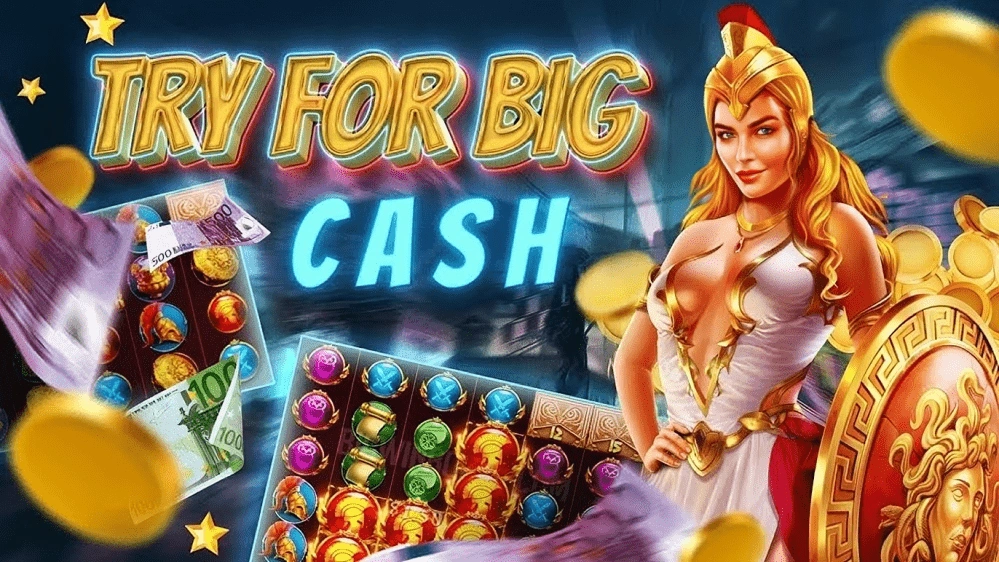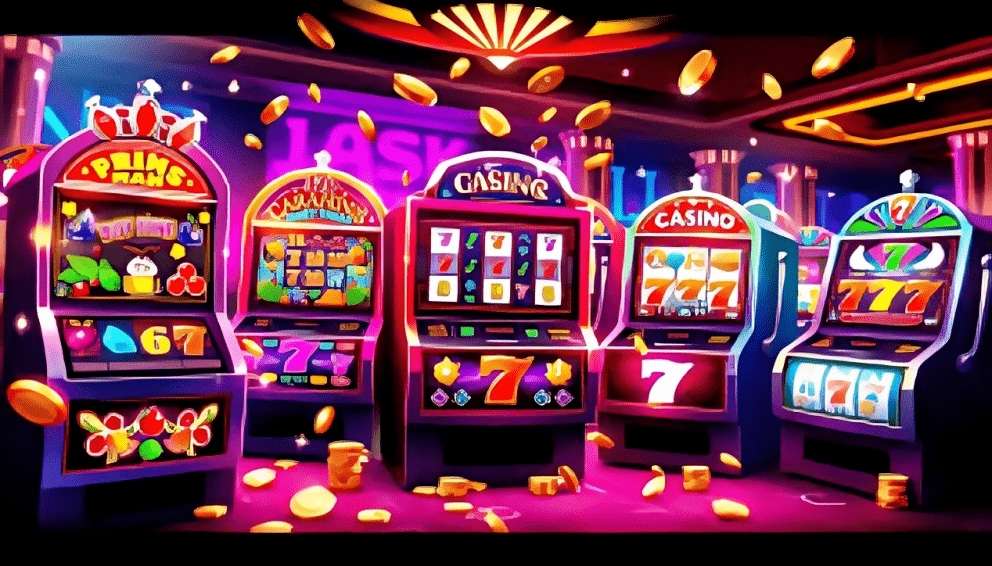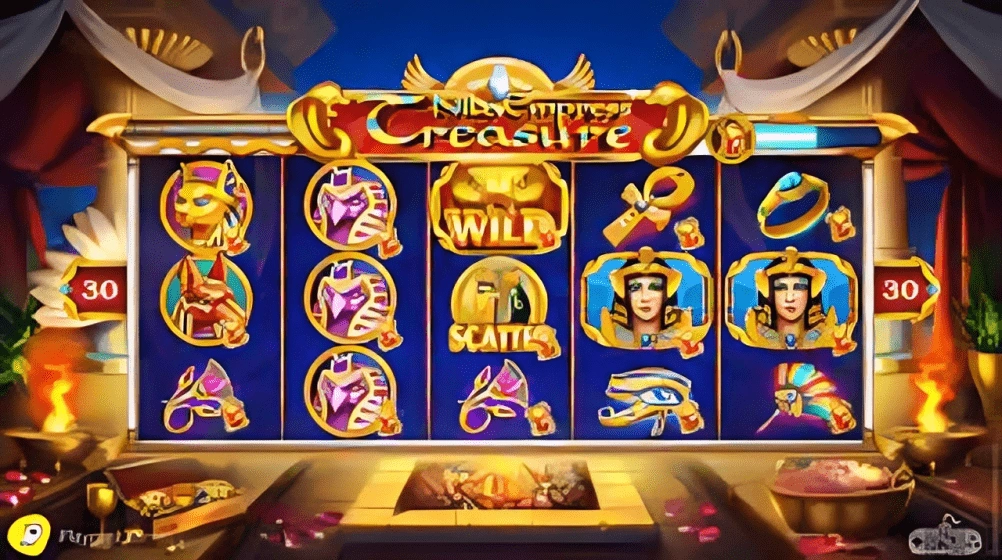Best Games And PlayStation Adventures Every PSP Gamer Definitely Must Play
The gaming world has evolved tremendously, offering countless experiences across home consoles and handheld devices. PlayStation games are widely recognized VIO77 LOGIN as some of the best games because of their immersive storytelling, detailed graphics, and engaging gameplay that keeps players captivated for hours. PSP games, though portable, deliver creative mechanics, strategic depth, and replayable experiences that rival larger consoles. Titles like “Crisis Core: Final Fantasy VII” and “Patapon” highlight how handheld systems can provide memorable adventures, innovative challenges, and exciting storylines. By combining PlayStation and PSP games, players can enjoy both cinematic experiences and portable gameplay, creating a versatile and rich gaming library.
PlayStation games are known for their cinematic approach, intricate mechanics, and expansive worlds that immerse players deeply into interactive storytelling. Games such as “The Last of Us Part II” and “God of War Ragnarök” offer detailed environments, challenging combat, and branching storylines that respond to player choices. At the same time, PSP games like “Monster Hunter Freedom Unite” and “Lumines” showcase inventive portable gameplay, tactical design, and replayable challenges. Despite hardware limitations, PSP titles prove that creativity, engagement, and gameplay depth define the best games. Together, these platforms provide a mix of epic console experiences and strategic handheld adventures suitable for any gamer.
Replayability is a defining quality that keeps players returning to games for extended periods. PlayStation games often feature collectibles, side missions, and multiplayer modes that extend gameplay beyond the main storyline. PSP games, while shorter, use branching objectives, rhythm-based mechanics, and strategy-focused gameplay to encourage repeated playthroughs. “Patapon” combines rhythm and tactical strategy to offer a unique experience with every session. Merging PlayStation’s cinematic depth with PSP’s portable innovation ensures players can enjoy both long-form storytelling and quick, satisfying handheld gameplay, offering versatility and maximum enjoyment for all gaming sessions.
Ultimately, the best games on PlayStation and PSP demonstrate creativity, versatility, and innovation in modern gaming. PlayStation titles provide immersive worlds, complex mechanics, and engaging narratives, while PSP games focus on portable design, inventive challenges, and replayable content. Exploring both platforms allows players to experience epic console adventures alongside portable handheld missions, offering variety, depth, and convenience. For anyone seeking high-quality, memorable, and engaging entertainment, PlayStation and PSP games together provide a perfect combination of fun, challenge, and replayable experiences across all devices.





